#siberian indigenous
Explore tagged Tumblr posts
Text
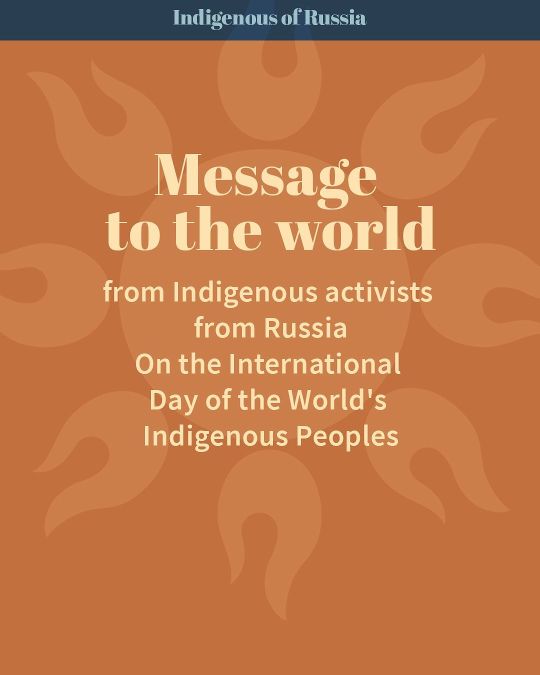
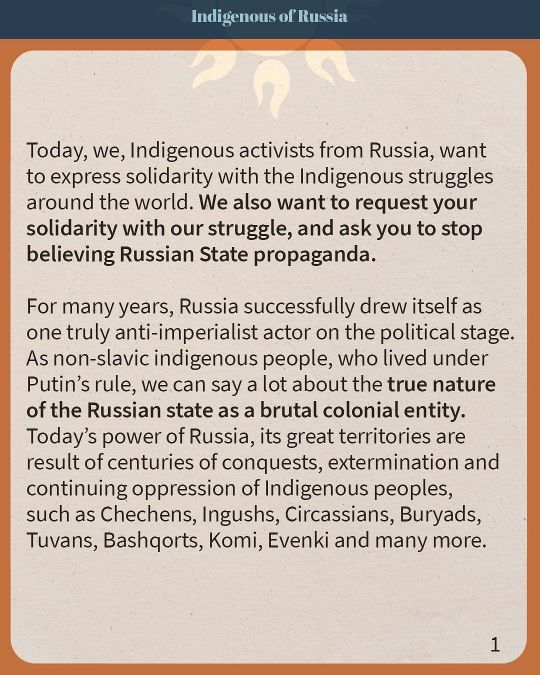

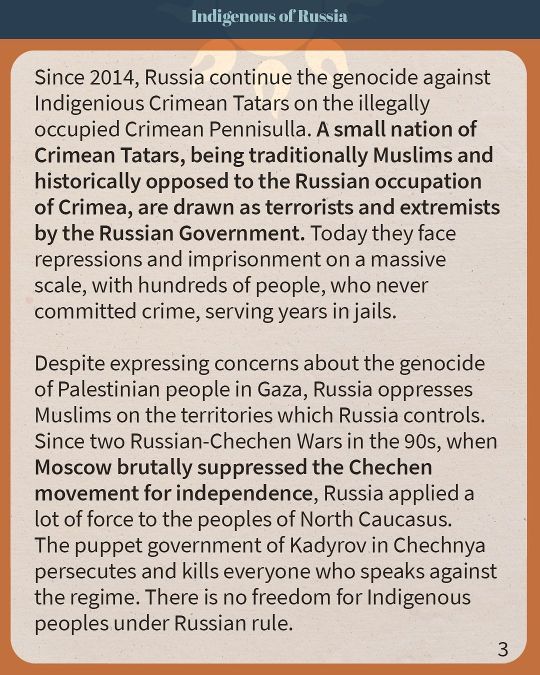
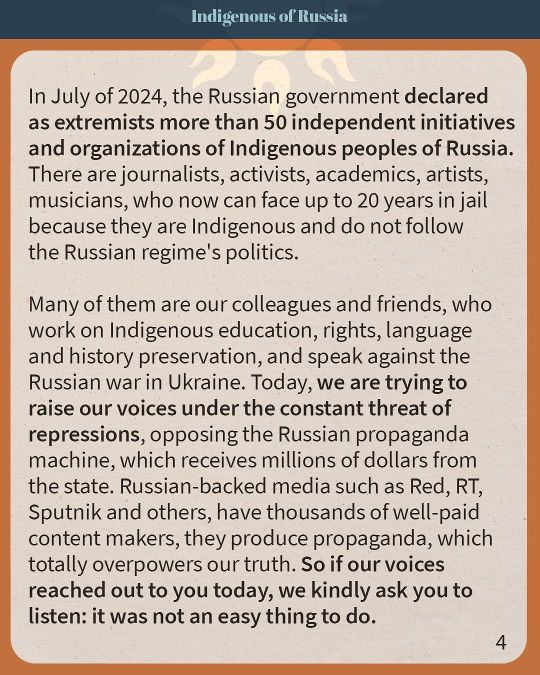
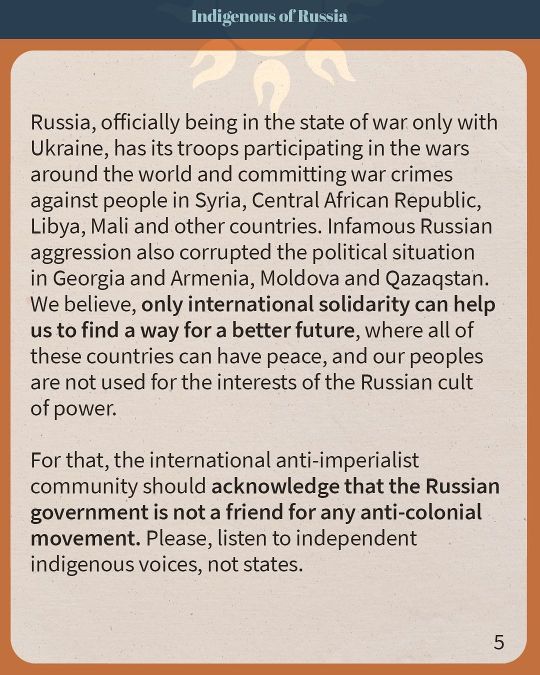
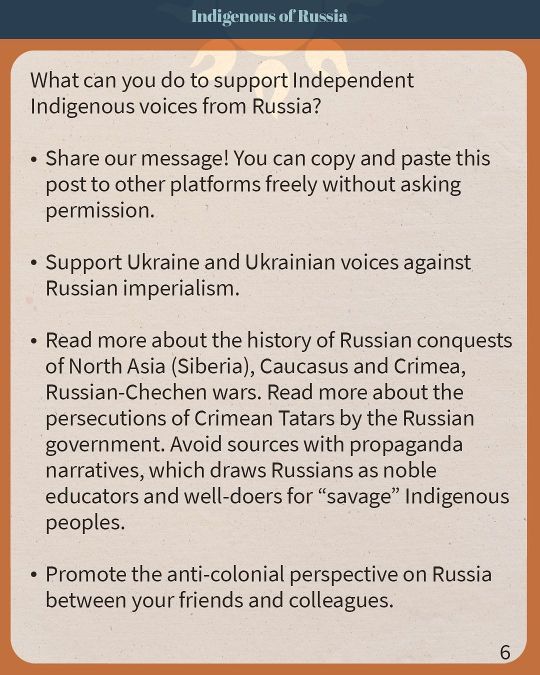
#indigenous#culture#important#indigenous russia#indigenous russian#fypシ#fypage#russia#colonization#landback#Land back#indigenous people#indigenous peoples#indigenous activism#native people#native rights#native#natives#fyppage#fypツ#fyp#tumblr fyp#native siberia#siberian indigenous#indigenous siberian#siberian#russian colonization#russian genocide#russian imperialism#russian
983 notes
·
View notes
Text

Pavel a Khudi Nenet from Yamalo-Nenets Autonomous District, Siberia, Russia. 2018
"The life of Nenets people in this area is based on following the reindeer as they move along ancient routes around the tundra. To survive the winter the reindeer eat a type of lichen known as reindeer moss, which may be covered in metres of snow. The Khudi Nenets brigade we visited have a herd of some 4,000 reindeer, with roughly 1,500 of them belonging to the Khudi Nenets themselves. The remaining 2,500 are owned by the ‘state farms’. If Khudi Nenets people slaughter a state-farm animal, its value is docked from their salary, but they are allowed to slaughter their own reindeer."
- Jimmy Nelson
176 notes
·
View notes
Text

buryat miku
#miku#my art#buryat#mongol#indigenous siberian#north asian#international miku#miku worldwide#artists on tumblr
160 notes
·
View notes
Text
If you have a deep fascination with sled dog genetics, breed split, and sled breed histories this is a very interesting study.
#dogblr#dog genetics#genetics study#alaskan husky#siberian husky#alaskan malamute#greenland dog#ancient dogs#this is mostly about sibe genetics#and if you liked my post about seppalas this will also be interesting to you as they are considered a subset of siberian husky in this#but for my own interests i find the closeness of the malamute participants genetics to the ancient dog examples very interesting#because we have dogs coming across from arctic asia to arctic north america in ancient history#and they spread east eventually to greenland#with malamutes being primarily descended from eastern canadian inuit dog genetics and some potential western arctic indigenous dogs#i find it makes sense they are close to the ancient examples#whereas greenland dogs have been very isolated for a long time so they're over there in the corner by themselves#further down in another graph you can see how the ancient dogs branch off from the same area as greenland dogs and malamutes#compared to other dogs#and the study does conclude that greenland dogs share the most dna with ancient wolves which is also not surprising#malamutes and greenland dogs shared significantly more ancestry with ancient dogs/wolves than siberian huskies of any population as well#while seppalas and modern chukotka sled dogs have the least
82 notes
·
View notes
Text
I don't know if I'm the only one who notices this, but the Kyoshi islanders in Avatar: The Last Airbender are inspired by the Ainu people, who are the indigenous inhabitants of the northern regions of the Japanese archipelago, particularly Hokkaido, when it comes to indigenous representation, ATLA excels in showcasing lesser-known indigenous cultures, like they represent both indigenous arctic, native Siberian and indigenous Ainu culture, I barely see that in TV shows
#atla#avatar the last airbender#ainu#indigenous#native siberian#indigenous arctic#indigenous ainu#avatar#avatar kyoshi#kyoshi island#the rise of kyoshi#avatar aang#avatar korra#avatar the way of water
52 notes
·
View notes
Text
#indigenous#indigenous russia#nenets#siberia#native siberia#siberian#native people#natives#nenets tribe#siberian native#indigenous peoples#indigenous rights#land back#landback#tumblr fyp#fypage#fyp#fypシ#fypツ#culture#nomadic#nomad#foryou#interesting#Arctic#native rights#native#algorithm
27 notes
·
View notes
Text

for @kataang-week -- day 4: cultural exchange
(ID: a digital drawing of katara and aang from atla. they're wearing clothing from each other's cultures. katara is wearing a yellow chuba with red trim, an orange shirt, a chumpi belt, and boots. she has one necklace with small turquoise beads and one with large yellow beads. aang is wearing a parka with a thick fur hood and black-and-white geometric patterns, and dark blue pants. he also has mittens and large boots on. they're smiling at each other, with pink hearts floating between them.
#kataang week#kataang#kataang fanart#artists on tumblr#atla#avatar: the last airbender#cimmeriadraws#the chumpi belt is a traditional andean garment#i assume part of the reason tibet serves as inspo for the air nomads is the high altitude of where they live#and quechua people also live in high altitudes so i think they'd be interesting to pull inspiration from for air nomad clothing#plus atla has already taken inspo from south american cultures with the sun warriors so it works :)#but anyway all i have in this drawing is the chumpi belt so i'd like to incorporate more andean culture into air nomad designs in the futur#i also want to dive some more into siberian and alaskan indigenous clothing for the southern water tribe fashion#and explore ideas for differences between nwt and swt clothing
312 notes
·
View notes
Text


Femme Samoyède. Habit of a Samoyede woman and child subject to Russia in 1768.
from Voyage en Sibérie by Jean-Baptiste Chappe d'Auteroche as well as from A Collection Of The Dresses Of Different Nations, Antient and Modern. Particularly Old English Dresses. After The Designs of Holbein, Vandyke, Hollar, and others. With An Account of the Authorities, from which the Figures are taken; and some short Historical Remarks on the Subject. To which are added The Habits of the Principal Characters on the English Stage.
very cute kid coat with earsies ^_^
#nenets#siberia#samoyedic peoples#russian empire#samoyed#18th century#siberian indigenous people#mother and child#Voyage en Sibérie#folk clothing#traditional clothing#indigenous peoples#historical fashion#my upl#1700s
36 notes
·
View notes
Text
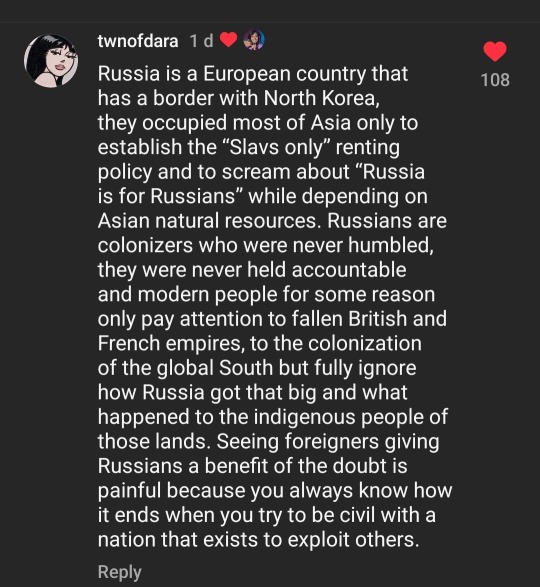
Painfully true
#Russia#Russian colonisation#Siberia#Indigenous Siberian#indigenous russia#Russian imperialism#The wildest thing I've heard is Russians attacking Buryats...In Buryatia#you cannot make this shit up
93 notes
·
View notes
Text
Obirsk Tattoo Designs + Commissions
Hello!! My name is Dmitri, I’m 29, and I’m an Indigenous Siberian artist and shaman. I design tattoos in the traditional Siberian styles.
I have a Ko-Fi, where you can commission me!
Slots open: 35
My commission prices are listed on Ko-Fi, so please check them out there!!
If you have any questions or concerns, feel free to shoot me an ask and I will answer it in a timely manner!
Thank you so much for your support!






#tattoos#tattoo#indigenous#siberian#fox#fox tattoo#ram#sheep#bird#birds#bird tattoo#sea birds#wolf#wolf tattoo#fish#salmon#fish tattoo#canine art#bird art#avian art#fox art#tattoo design#tattoo artist#tattoo ticket#artist on kofi#ko fi support#buy me a kofi#kofi commission#ko fi link#kofi
12 notes
·
View notes
Text









#indigenous#culture#important#fypシ#indigenous russia#indigenous russian#fypage#colonization#russia#landback#siberian indigenous#native siberian#indigenous siberian#siberian#buryatia#Buryat#indigenous rights#indigenous people#native people#native rights#native#Natives#Scientist#science#Facts#mobilization#russian genocide#russian colonization#russian imperialism#genocide
148 notes
·
View notes
Text

Tӧӧlӧs Turkic girl from Altai, Russia
533 notes
·
View notes
Text

for you and i shall live as long as the world
-
finally finished this pride art of my transgender butches. person on left is she/they transfem and wears a buryat mongol traditional dress. person on right is he/they transmasc and wears a buryat mongol wrestling outfit. 🏳️⚧️😙
262 notes
·
View notes
Text
reminder that asia is. fucking massive. btw
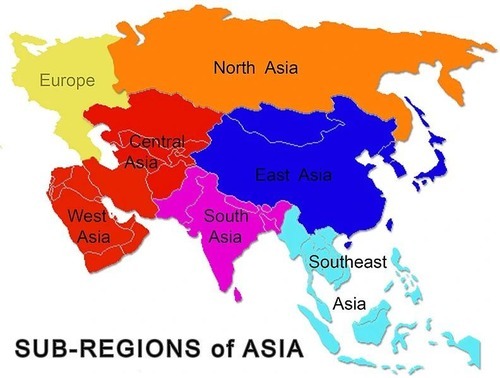
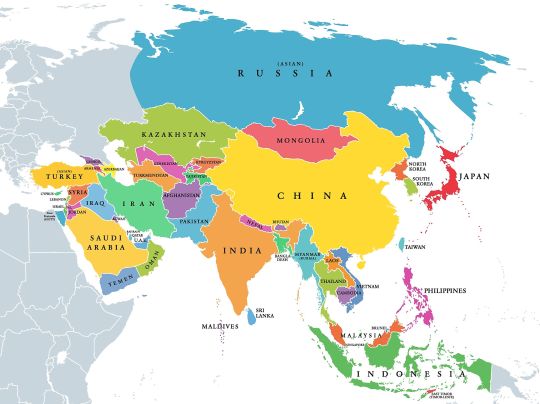
#arcana.uploads#asia.#a LOTTA ppl just. forget west asians central asians north asians south asians & southeast asians#its not just china japan & korea !! & even then china for example has MANY indigenous peoples & cultures !!#what's happening w/ palestine syria iran lebanon myanmar cambodia & china w/ the uighurs is an asian issue.#what's happening w/ antisemitism & antiromanyism is an asian issue!! bc remember they're both from asian countries !!#as well as islamophobia !!#idk i hope im making sense im v tired#but basically it's a MASSIVE continent with THOUSANDS of different peoples cultures & religions !!#+ what's happening w/ indigenous siberians & papua new guinea is an asian issue too btw !#& armenia too !#it's a Lot™
34 notes
·
View notes
Text

#atla#zutara#zuko#katara#zuko x katara#ship trope#Katara’s outfit is inspired the Indigenous Siberian band Otyken#pls watch their music videos it's amazing#ignore the white void background#be real meme#atla au#atla modern au#colored sketch#star's art
26 notes
·
View notes
Text
youtube
"Hedie" is a traditional Even song. But traditional songs can be remixed too <3
28 notes
·
View notes